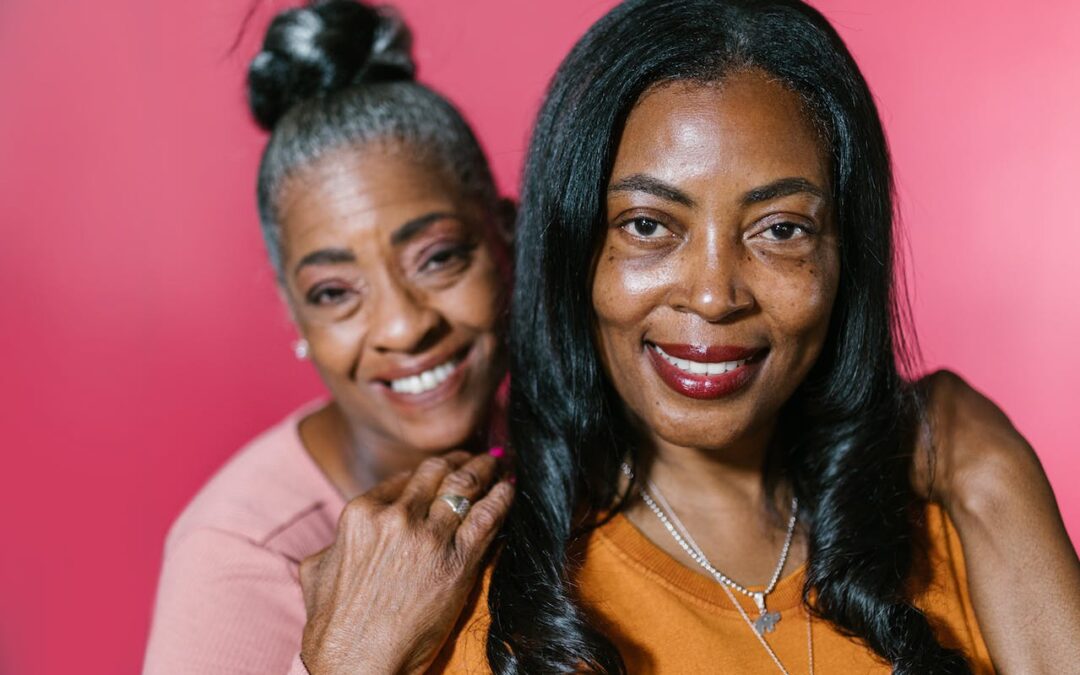In considering this topic, it is important to remember the words of Justice Goliath, AJ in the Rahube case that there was a need to reflect upon the present and to ask whether African women truly benefited from the full protection of the Constitution. Moreover, it must be established whether enough had been done to eradicate the discrimination and inequality that so many women faced daily.
Laws and policies must seek to do more than merely regulate — the legislature was enjoined to ensure that laws and policies promoted the participation of women in the social economy and political spheres, while also advancing the spirit, purport and object of the Constitution. ProBono.Org and Lawyers for Human Rights have collaborated along with the German Embassy Pretoria in a project to empower women on land, housing and property rights. The project will host a number of training workshops to increase women’s understanding of their legal rights and the legal framework involved in accessing land and property related rights; to capacitate pro bono lawyers and increase the number of lawyers providing legal services to women wanting to exercise and enforce these rights.
The project also seeks to lobby for improved legislation and policies which relate to these rights. We will be hosting five training workshops for women in Gauteng, North West, Limpopo and the Eastern Cape. We are aiming to reach 150 women in total. We will also train lawyers to increase access to justice and legal advice through empowering the pro bono network of practitioners. Some of the training material which will be discussed is the landmark Rahube judgment where the Constitutional Court issued an order protecting women’s land rights. This case involves apartheid era practice, where not only the rights of black people were affected but also the rights of women.

During apartheid, only men could be the head of the family and hold Certificates of Deed and Grant. This had the effect of excluding women from holding land tenure rights. The Court determined that because section 2(1) of the Upgrading of Land Tenure Rights Act (ULTRA) was based on this apartheid position, it indirectly differentiated between men and women in a way that amounted to gender discrimination. The Act reinforced the position created by the apartheid laws, specifically the Black Administration Act which suppressed the rights of women. Under section 2(1) of ULTRA, black women’s vulnerability was worsened as they did not have the opportunity to register their title was automatically upgraded in favour of the male head of the family – without providing other occupants or affected parties an opportunity to make submissions.
The respondent, having been automatically upgraded as the owner of the house, tried to sell the property and the applicant challenged the section. The High Court indicated that section 2(1) violates section 9 of the Constitution. It discriminates against women based on sex and gender and impacts on women’s property rights. The Constitutional Court confirmed this, interdicted the respondent from selling the property and ordered Parliament to rectify the Act within 24 months. The High Court confirmed that the purpose of ULTRA was to provide for the conversion into full ownership of more tenuous land rights which had been granted to Africans during the apartheid era.
ULTRA was part of a scheme of legislation that was enacted to address the injustices caused by the colonial and apartheid regimes. A new procedure for the upgrading of tenure rights is now available in terms of Section 2 of ULTRA. The application must now be made to the Minister for the conversion of land tenure rights into ownership in respect of a formalised township which was registered and opened on or after the commencement of the Act. The project also seeks to bring test cases before court in terms of the latest ULTRA regulations and to bring strategic litigation on customary, intestate succession and having the ‘family house’ recognised in law.
Any legal practitioners interested in attending the training and to add commentary to the cases should reach out to ProBono.Org and Lawyers for Human Rights. So far we have held successful workshops for practitioners in Polokwane. We also held a session for women in the area to educate them on their rights. More sessions will be held in Gauteng and in the North West before the end of the year.





